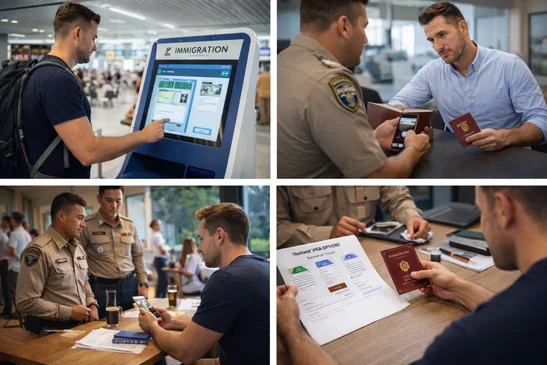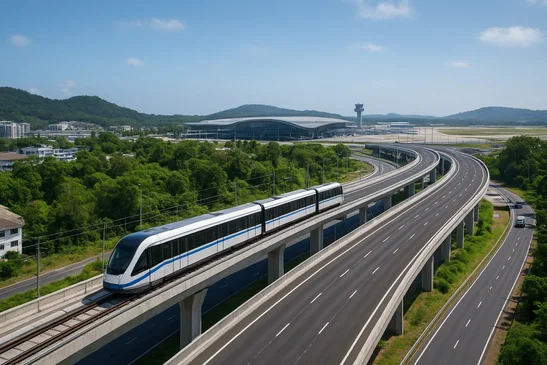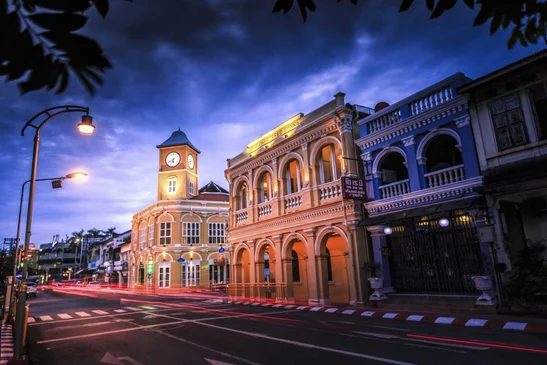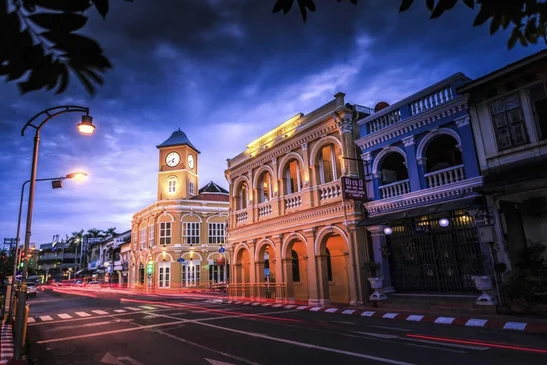Unless you reside under a rock or in a cave (no judgment here, more power to you), you’ve likely noticed the transportation revolution underway today. Electric vehicles are taking over, or at least starting to. A visit to the US, China, or many European countries will reveal that many people are choosing to adopt this technology. The promise of a more environmentally friendly option is spurring many to make the switch. Others may simply be motivated by the futuristic design, stealthy silence, or crazy acceleration. Regardless, it is one of the main reasons Elon Musk is the world’s richest person with his electric car company Tesla absolutely dominating the auto industry.
After all, the time is right. The technology is sufficient and only getting better, burning fossil fuels is wreaking havoc on our planet, and world events like the war in Ukraine are putting energy dependence into stark perspective. The push also comes from younger generations looking towards newer technologies, internal combustion engines are just starting to seem so old fashioned.
If you live or have visited Southeast Asia, then you are keenly aware that it’s not just cars needing to be electrified, but scooters and motorcycles too. Obviously, two-wheelers are the most popular, affordable, and convenient form of personal transportation across this region. It also makes the most sense for them to adopt the technology as the typical trip on a motorcycle is short, at lower speeds, and in stop-and-go traffic.
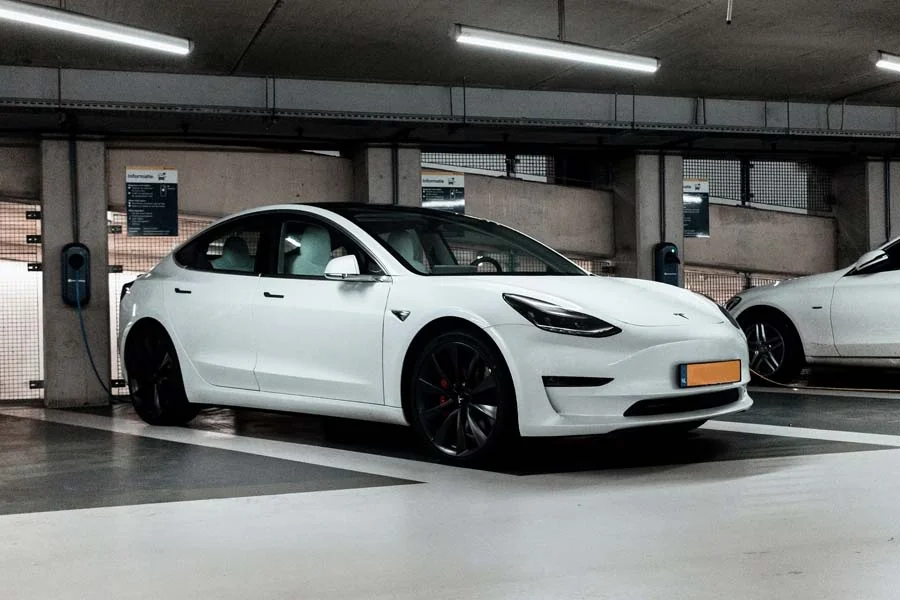
White Tesla | Cr: Jannis Lucas
So why do we see so few electric vehicles in Thailand and Phuket? The main reason boils down to taxes. No major auto manufacturers are yet building cars in Thailand. As such, they must be imported and face steep import taxes which the government imposes to protect the domestic auto industry. As a result of a trade agreement between China and Thailand, EV imports from China are tax-free. However, imports from Japan, Europe, etc. are weighted down with a 20-80% burden, one which many consumers are understandably weary to bear.
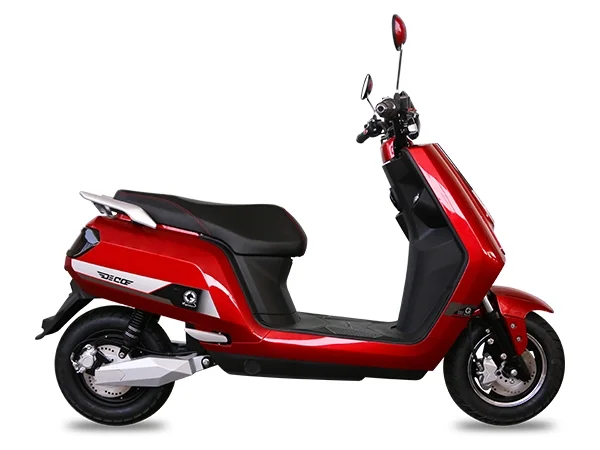
Electric Scooters | Cr: decogreenenergy.com
At this time there is a company called Deco manufacturing electric scooters/motorcycles in Thailand. They have several models with energy ratings up to 3,000 watts, ranges up to 80km, and top speeds up to 100kph. Charging times are about 3 hours. The build quality is ok but not up to the level of a major brand like Honda or Yamaha. Prices are similar to that of an equivalent bike with a combustion engine. The major drawback at this point is the battery which comes with a 2 year warranty, but is north of 12,000 baht to replace. So while you may save in fuel costs, it may be offset by the high price of a replacement battery.
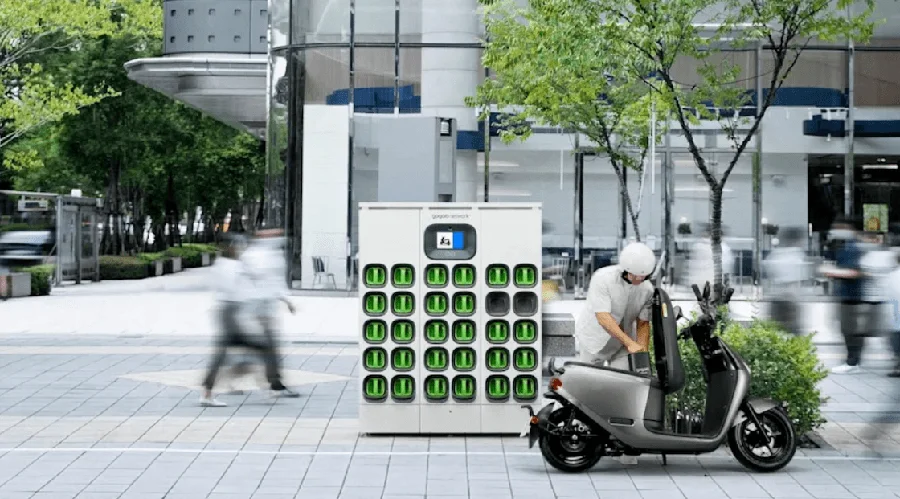
Gogoro | Cr: Tech in Asia
What might spur greater adoption of electric scooters in Thailand would be an infrastructure system like Gogoro in Taiwan. The company, a subsidiary of the mobile phone giant HTC, sells several models of electric scooter which all share the same battery packs. Charging stations are abundant where a rider simply swaps out their depleted battery with a fresh one. While the scooters are a bit expensive (referred to as the Tesla of electric scooters), owners don’t have to bear the burden of purchasing new batteries.
In regards to cars, Mercedes Benz is supposed to start production of electric vehicles in their Thailand factory this year. While the high sticker price makes these models only accessible by the wealthy, it should help encourage more charging stations around the country and other manufacturers to follow suit.
